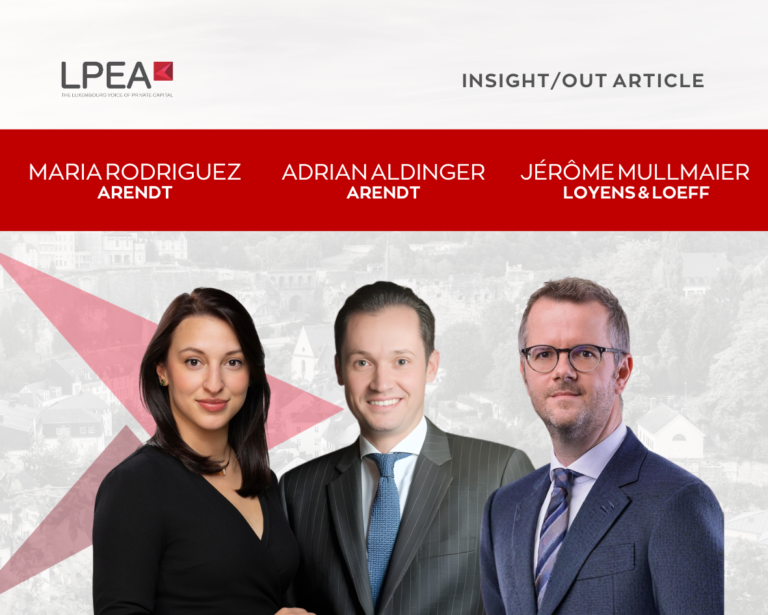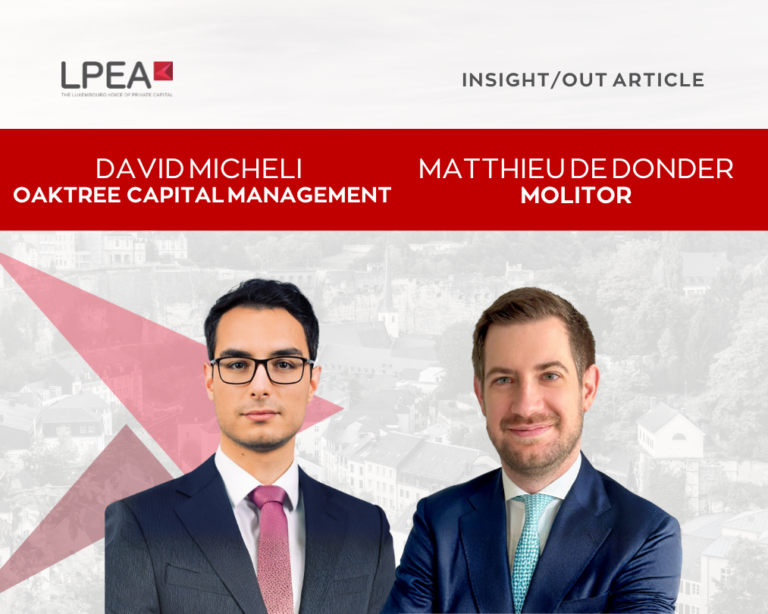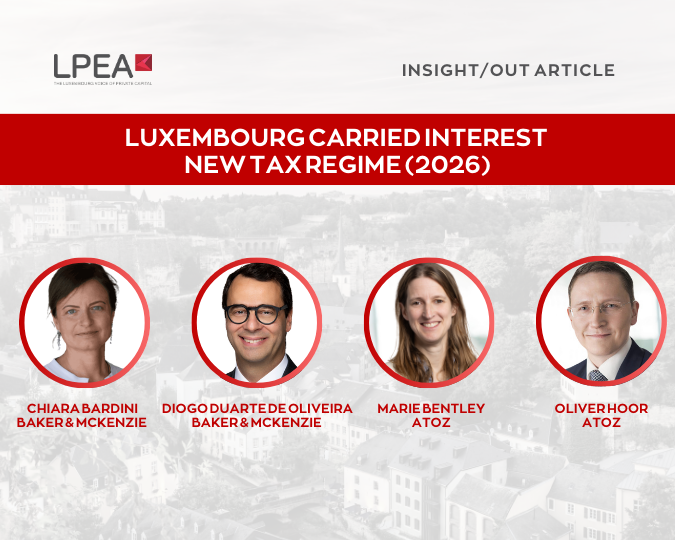Interview of Alex Bozoglou, Head of Investments, Titanbay as featured in Insight Out Magazine #24
If investors can take away one key lesson from the past few years, it is to always expect the unexpected. From the global financial crisis to the Covid-19 pandemic and more recently Russia’s war in Ukraine, financial markets have lurched from one bout of volatility to another. That backdrop has prompted investors to rethink how to invest in a more unstable world and how to best navigate the economic challenges that instability is creating.
Take rising inflation. Many economists had suggested the rise in inflation in the wake of the pandemic would be temporary. Yet it has proved difficult to shake off as supply chain constraints and surging oil prices have kept inflationary pressures elevated. In the US, prices have accelerated at the fastest pace in 40 years, hitting a high of 9.1% in June before easing back to 8.2% in September. In the UK, the Bank of England is forecasting annual inflation will hit a peak of 11%—the highest since the early 80s—as the country grapples with a cost-of-living crisis. Eurozone inflation hit double figures in September for the first time in the currency-bloc’s history.
Central banks were initially slow to react, buying into the idea that inflationary effects would be transitory. Now—led by the US Federal Reserve—monetary authorities are rapidly cranking rates higher in an attempt to tame that inflation. By early November, the Fed had raised rates six times this year, including four consecutive 75 basis point hikes. The last time the Fed increased rates by 75 basis points in one go was back in 1994. In late October, the European Central Bank doubled its benchmark interest to 1.5%—its highest level since 2009.
Tighter monetary policy is already having a negative impact on financial markets, with global equity indices suffering a sharp decline this year. US equities, for example, have fallen by around a fifth since January, dragged lower by a rout in tech stocks. Facebook parent company Meta has lost 70% of its value this year—equivalent to more than half a trillion dollars—while Google parent Alphabet has lost almost a third.
Economic growth is also decelerating at a faster pace than expected. The IMF forecasts global growth will slow to 3.2% this year from 6% in 2021.
Private markets have not been entirely immune to the wider volatility, with rising rates already impacting asset prices. Some private tech startups that previously had investors rushing to write cheques are starting to experience frostier funding conditions, resulting in significant down rounds. Buy now, pay later provider Klarna, for instance, raised $800 million in July at a valuation of $6.7 billion—down from $45.6 billion a year earlier, or a drop of 85%.
Exits are also becoming trickier to execute. Private equity-backed IPOs fell 93% in the first half of the year as public markets were effectively closed to new issuance, according to EY. Overall, exit activity had dropped 35% by the end of June[1].
Meantime, deal activity has slowed compared to last year. In the US, private equity deal value declined to $415 billion in the first half of the year, a 28% fall compared to the same period in 2021, according to Mergermarket. Even so, that still puts it on track to hit the second highest annual deal value since Mergermarket started tracking deals in 2006[2].
Private equity markets are continuing to outperform public markets as well. European private equity funds were posting an internal rate of return (IRR) of just over 15% at the end of June compared to returns of around 6% for large-cap European equity indices.[3]
Private markets have also historically rebounded quickly from economic downturns, with private equity enjoying some of its best-performing vintages during recovery phases—notably those vintages that came immediately after the dotcom crash and the global financial crisis. Part of the reason for this outperformance is that valuations tend to be lower and competition for deals less intense after periods of market stress, leaving more runway to amp returns. Therefore while economic conditions are expected to weaken in the months ahead, private equity funds can potentially take advantage of more favourable entry points.
As PwC pointed out in its midyear private equity outlook, falling public market valuations make for attractive private equity targets. However, it added that the old playbook of cutting costs and growing through acquisitions will not be enough this time around to deliver the scale of returns private market investors have become accustomed to in the past. Instead firms will need to seek transformation opportunities through digitisation and new technology to drive growth[4].
Investors might choose to navigate the current backdrop by seeking general partners with strong track records across market cycles, given that the difference in IRR between the top and bottom quartile of funds can be hefty. They are also likely to aim to build well-diversified portfolios that combine a range of vintages, strategies and geographies.
Sitting out periods of market stress and attempting to time re-entry can be a risky tactic. Using Invest Europe data, we analysed European buyout performance between 2000 and 2009, as shown in the chart below.
Our results showed that timing the market correctly would naturally lead to better investment returns, but on average outperformance would only be around two percentage points higher than staying invested and riding out any volatility. By contrast, average returns excluding the top three vintage years—something investors would potentially miss out on if they try and call when the market has bottomed out—were almost five percentage points lower than holding through periods of market turmoil.
Despite the broader macro headwinds, the outlook for private markets remains positive. Management consultancy Bain & Company says inflation-recession cycles can be relatively short-lived[5], while the long-term fundamentals underpinning private markets are unchanged—limited partners are not looking to reduce allocations to the asset class, while funds are still sitting on wads of unspent cash. Dry powder across private capital as a whole was $3.2 trillion in August, according to Pitchbook[6]. That backdrop means that while volatility is likely to persist in the near term, private markets are potentially well placed to weather the current market storm.
- https://www.ey.com/en_gl/private-equity/pulse
- https://www.whitecase.com/insight-our-thinking/us-ma-h1-2022-private-equity-firms-battle-headwinds-h1
- Source: Invest Europe, based on Cambridge Associates data, June 2022.
- https://www.pwc.com/us/en/industries/financial-services/library/private-equity-deals-outlook.html
- https://www.bain.com/insights/shifting-gears-private-equity-report-midyear-2022/
- https://pitchbook.com/newsletter/what-dry-powder-levels-mean-for-investors-in-a-changing-market
Important Disclosures
This material is provided for information purposes only. The views, opinions and estimates expressed herein constitute personal judgments of certain members of the Titanbay Ltd. (Titanbay) team based on current market conditions and are subject to change without notice. Titanbay does not make investment recommendations and nothing in this material is or may be relied on in any manner as legal, tax or investment advice, any recommendation or opinion regarding the appropriateness or suitability of any investment strategy, or as an offer to sell or a solicitation of an offer to buy any financial instrument.
All information presented herein is considered to be accurate at the time of production unless otherwise stated and has been prepared from sources Titanbay believes to be reliable. No representation, warranty or guarantee, express or implied, is given as to the truth, accuracy or completeness of the information or opinions contained in this material. No reliance may be placed for any purpose whatsoever on the information in this material or any other material discussed herein. Any forecasts, figures or opinions set out are for information purposes only, based on certain assumptions and current market conditions and are subject to change without prior notice.
Investments in private placements and private equity investments via feeder funds in particular, are complex, highly illiquid and speculative in nature and involve a high degree of risk. The value of an investment may go down as well as up, and investors may not get back their money originally invested. Past performance is not indicative of future performance.
Titanbay is not responsible for any error or omission in this material, nor do we accept liability (including in negligence) for any losses arising out of or in connection with the use of or reliance on this material. Non-affiliated entities mentioned are for informational purposes only and should not be construed as an endorsement or sponsorship of Titanbay. This material in no way constitutes Titanbay research and should not be treated as such.





